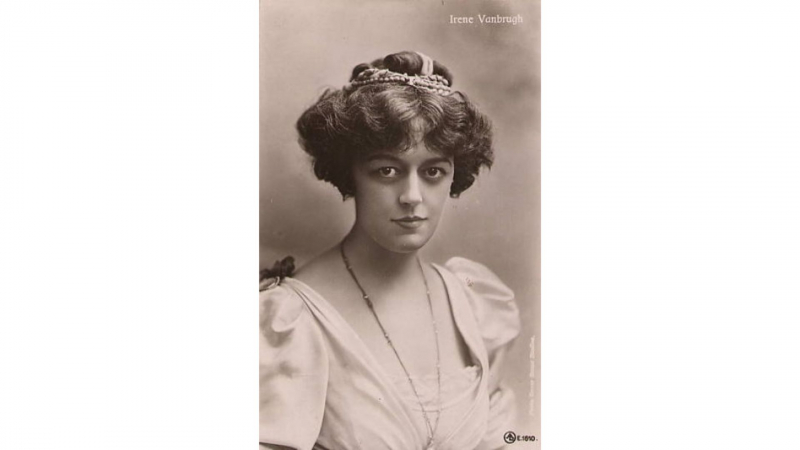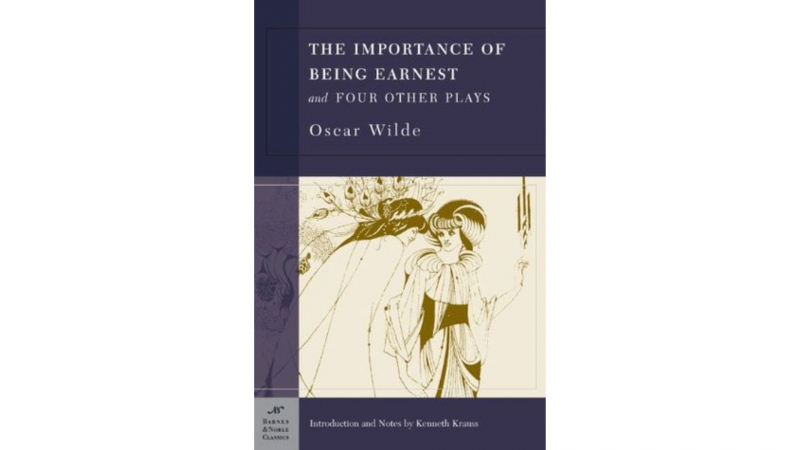Oscar Wilde Thwarted A Plan To Disrupt The Opening Night Of His Play The Importance Of Being Earnest
Beginning in 1891, Wilde had a close relationship with Lord Alfred Douglas (often known as Bosie), a young Oxford student whom he met at a tea party. The irritable Marquess of Queensberry, Bosie's father, grew fixated on their connection and was determined to put an end to it. He planned to disrupt The Importance of Being Earnest's London debut in 1895, but Wilde was aware of the scheme and made arrangements for police to be there. The Marquess also left a card at Wilde's club accusing him of [sic] "appearing as somdomite," which unfortunately was just the start of Wilde's spiraling problems with him.
Bosie encouraged Wilde to file a libel lawsuit against the marquess. The defense for Queensberry said that Wilde hired 12 male prostitutes throughout the trial. A young Wilde finally dropped the libel claim, but the harm had already been done.
Wilde grew up close to Lord Alfred Douglas, also known as Bosie. He immediately returned to court for a criminal trial, The Crown v. Wilde, where he was charged with 25 charges of "gross indecency" and conspiracy to commit gross indecencies, a broad word that is typically understood to refer to non-sexual conduct between males. When the jury was unable to reach a verdict, he entered a plea of not guilty and was freed on bond. Wilde was found guilty in the retrial and given a two-year hard labor sentence.












